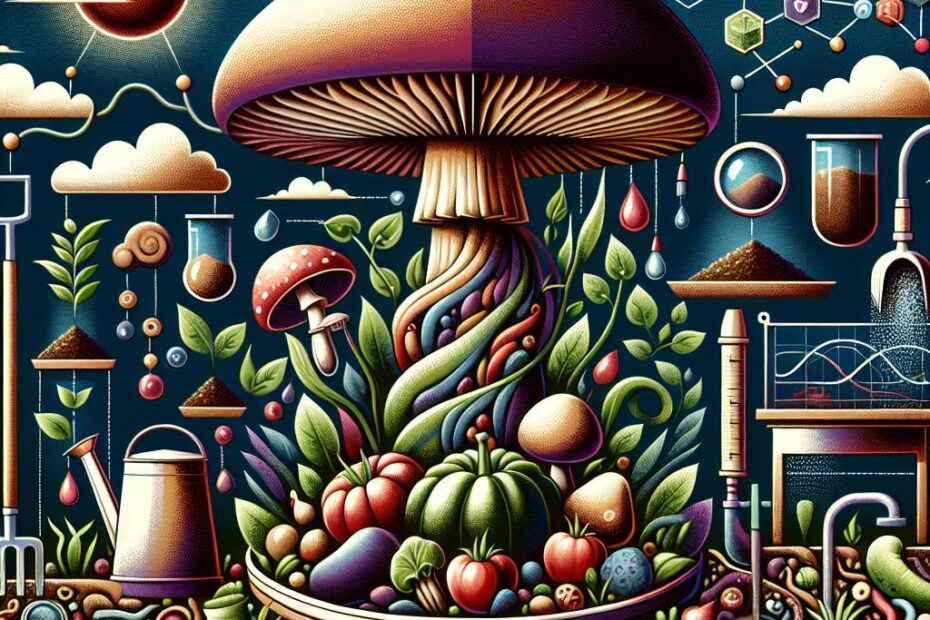Is Mushroom Compost Good for a Vegetable Garden?
When it comes to growing vegetables, having the right type of soil is crucial for a successful harvest. One popular option for enriching soil is mushroom compost. But is mushroom compost really good for a vegetable garden? Let’s explore the benefits and practical tips of using mushroom compost in your vegetable garden.
The Benefits of Mushroom Compost
Mushroom compost, also known as mushroom soil, is a byproduct of the mushroom growing process. It is made up of a mixture of organic materials such as straw, hay, and manure. Here are some of the benefits of using mushroom compost in your vegetable garden:
- Rich in organic matter: Mushroom compost is rich in organic matter, which helps improve soil structure and fertility.
- Provides nutrients: Mushroom compost is a good source of nutrients such as nitrogen, phosphorus, and potassium, which are essential for plant growth.
- Enhances soil structure: The organic matter in mushroom compost helps improve soil structure, making it easier for plants to access water and nutrients.
- Suppresses weeds: Mushroom compost can help suppress weeds, reducing the need for manual weeding in your garden.
- Improves soil aeration: The organic matter in mushroom compost helps improve soil aeration, which is important for healthy root growth.
Practical Tips for Using Mushroom Compost
When using mushroom compost in your vegetable garden, here are some practical tips to keep in mind:
- Test the pH: Before adding mushroom compost to your soil, it’s important to test the pH level. Mushroom compost tends to be alkaline, so you may need to adjust the pH accordingly.
- Apply a thin layer: When adding mushroom compost to your soil, apply a thin layer and mix it well with the existing soil to prevent nutrient imbalances.
- Compost first: To maximize the benefits of mushroom compost, it’s a good idea to compost it first before adding it to your garden. This will help break down any organic matter that is not fully decomposed.
- Rotate crops: To prevent nutrient depletion, rotate your crops regularly and avoid planting the same vegetables in the same spot each year.
Case Studies
Many gardeners have reported success using mushroom compost in their vegetable gardens. One study conducted by the University of Maryland found that vegetables grown in soil amended with mushroom compost had higher yields and better quality compared to vegetables grown in regular soil.
First-Hand Experience
As a seasoned gardener, I have had great success using mushroom compost in my vegetable garden. Not only does it improve soil fertility and structure, but it also helps suppress weeds and reduce the need for chemical fertilizers. I highly recommend incorporating mushroom compost into your gardening routine for healthy and abundant vegetable harvests.
Conclusion
In conclusion, mushroom compost is indeed good for a vegetable garden. It enriches the soil with organic matter and nutrients, improves soil structure, and helps suppress weeds. By following practical tips and best practices, you can achieve bountiful harvests and healthy plants in your vegetable garden. Give mushroom compost a try and watch your garden flourish!
